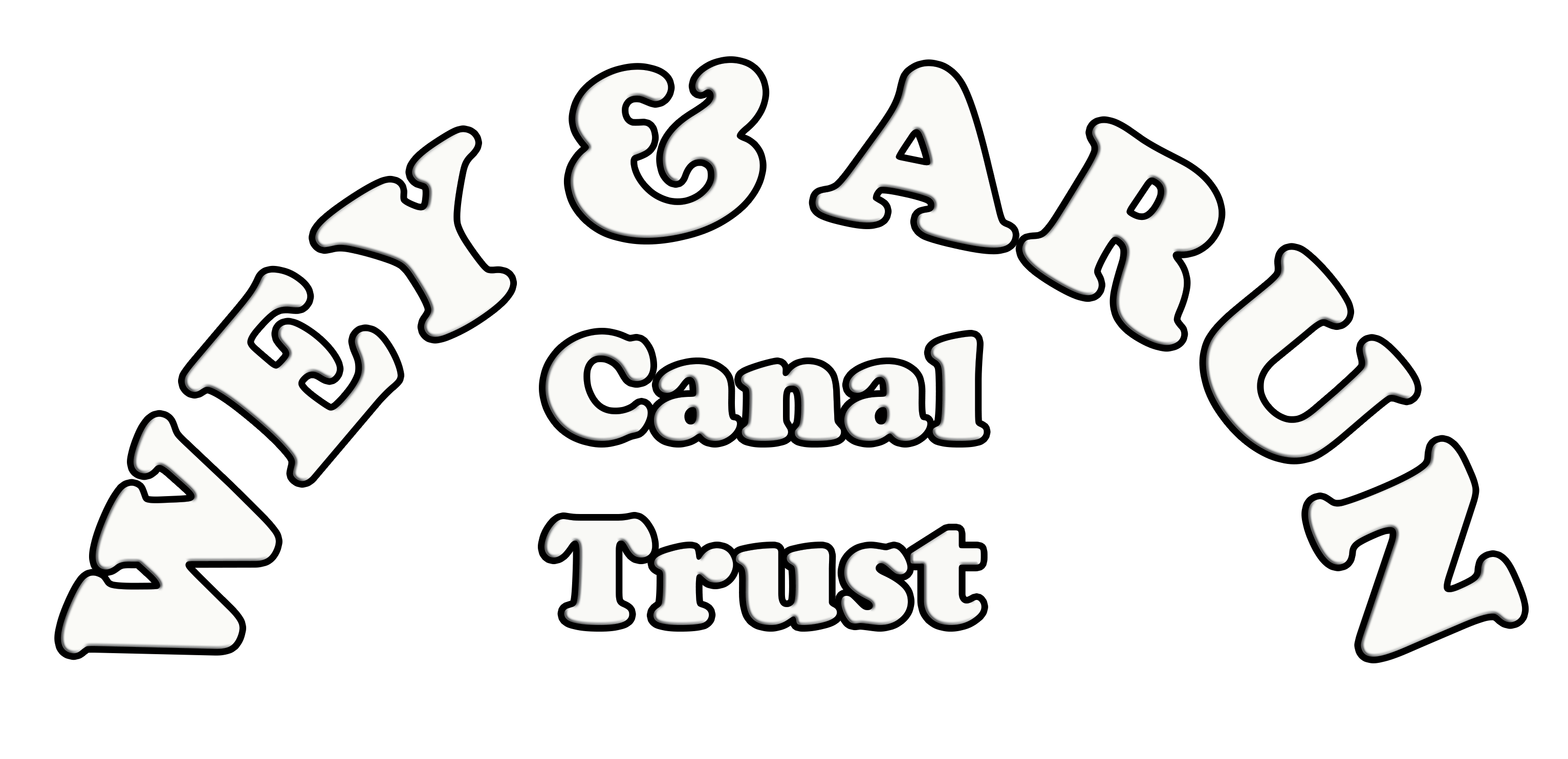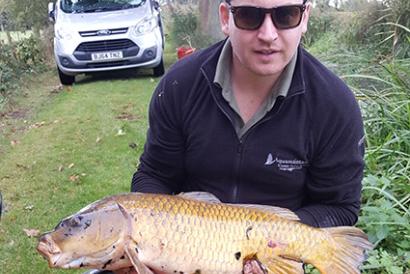The Trust takes conserving wildlife seriously and when part of the Drungewick section needed draining, the Trust called on a local specialist environmental consultancy to ensure the 7,500-plus fish living there came to no harm.
The Aquamaintain team used a process called electrofishing to catch the thousands of fish in a two-day operation at the end of September.
This humane and Environment Agency-approved method involves passing an electric current through the water, from a generator onboard a small boat. The field of electricity causes the fish to swim towards the positive charge and become momentarily stunned, allowing the fish catchers in the water to net them and transfer them within seconds into fresh water containers onboard the boat.
From there they are moved to a tank of oxygenated water on the towpath, where they can then be discharged into another part of the canal. The process results in no lasting harm to the fish, which return to their natural state within minutes.
Aquamaintain fisheries consultant Dave Hellard said the process was the most humane way possible to move the fish. “The fish recover quickly, and once in the oxygenated water tanks quickly become pretty lively again,” he said. “The team in the water carefully monitor the voltage and and go back and forward over the area to be sure as many of the fish as possible are caught.”
The process allows the experts to assess the health of the fish living in the canal, as well as look at the size of fish and species that thrive there. The team gave the Wey & Arun Canal fish a clean bill of health, with pike, eels, bream, roach and carp among the fish caught.
The Trust has had to drain the short section of the Drungewick stretch of canal to allow leaks to be repaired.

